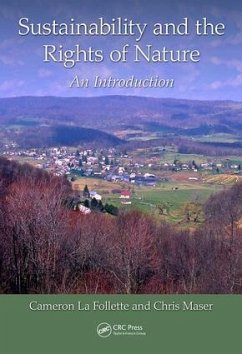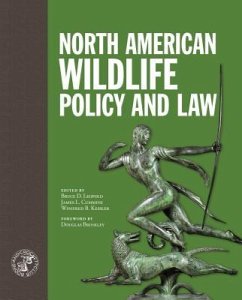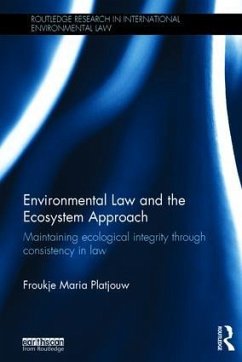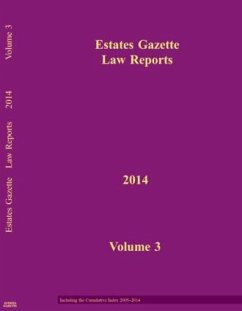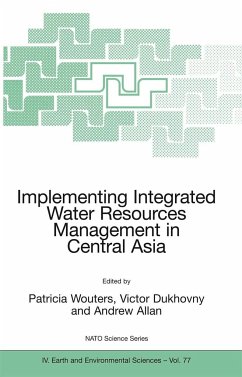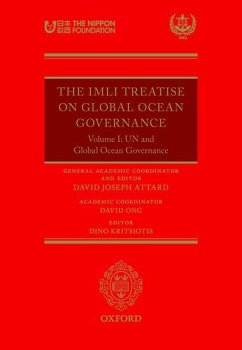
Science, Information, and Policy Interface for Effective Coastal and Ocean Management
Versandkostenfrei!
Versandfertig in über 4 Wochen
205,99 €
inkl. MwSt.

PAYBACK Punkte
103 °P sammeln!
A collaborative effort among world experts, this book examines the role of information-particularly scientific information-in the policy-making and decision-making processes in coastal and ocean management. It explores the different types of science-policy interfaces existing within and between different organizations, as well as the various roles that different types of non-governmental organizations play in producing and disseminating information. Useful to all major groups in the policy-making process, it increases understanding of catalysts and barriers to communicating research findings w...
A collaborative effort among world experts, this book examines the role of information-particularly scientific information-in the policy-making and decision-making processes in coastal and ocean management. It explores the different types of science-policy interfaces existing within and between different organizations, as well as the various roles that different types of non-governmental organizations play in producing and disseminating information. Useful to all major groups in the policy-making process, it increases understanding of catalysts and barriers to communicating research findings while pointing to directions for future research.



